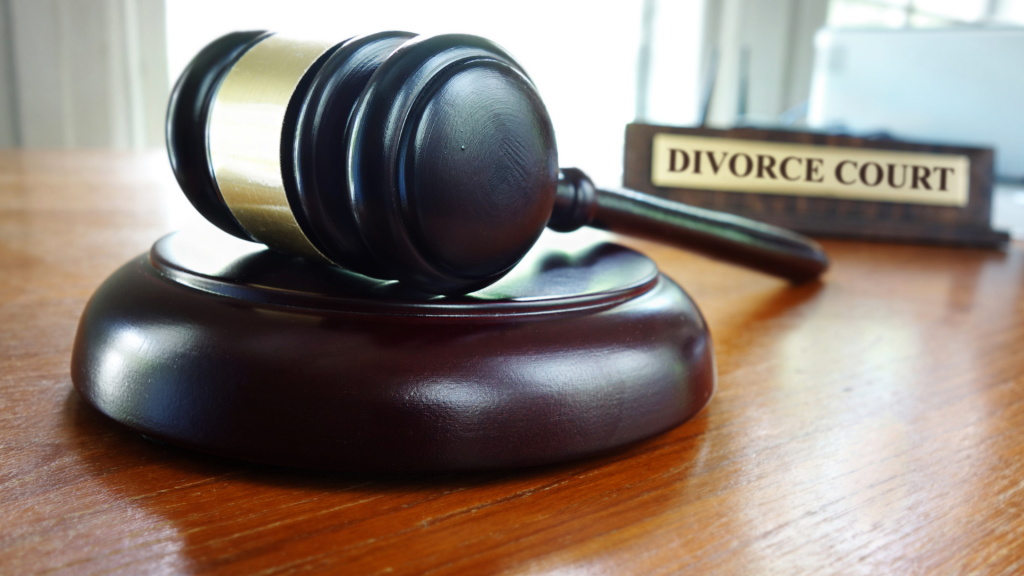1 In 5 Couples Who End Up In Court Should Not Be There
President of the Family Division on Radio 4: One in five couples who end up in court should not be there at all
Sir Andrew McFarlane, the most senior family judge in England and Wales, has reaffirmed what we and many other family professionals keep saying: many family cases which end up in court should not be there; the impact of litigation on families is damaging and should be avoided if possible.
Speaking to BBC Radio 4’s Broadcasting House programme, Sir Andrew said thousands of divorce cases were rightly heard in court because of safety concerns for the adults and children involved. But that too many were ending up in court because couples saw their issue as a legal issue, rather than a relationship issue:
“We are seen at the moment as the first port of call, but we should be the last resort for them where there aren’t issues of domestic abuse or protection or safeguarding.”
“My feeling is that about 20% of the families who come to court to have a dispute about their children resolved, would be better served by at least, first of all trying to sort it out themselves in other ways.”
And he said the hostile, adversarial language used in family court often made things worse and needs to change – comparing the problem to the bitter divorce battle made famous in the 1979 film Kramer Vs Kramer.

“The court cases are still listed as Smith against Smith or whatever it is and barristers talk about ‘my opponent’ or someone is the ‘applicant’ and someone is the ‘respondent’,” he said. “And we have hearings which are called dispute resolution hearings where we should just be problem solving for the future of the child.”
Sir Andrew also spoke about how a lengthy adversarial process (whether in or out of court) could be harming children.
“Research shows consistently that if you’re the child of parents who are at odds with each other, whether or not they are coming to court, that is unhealthy.”
“You’ve just asked me about whether children are harmed by what goes on in their family and the evidence is, yes. And parents are, I think, fooling themselves if they say we are not involving the children or the children don’t know.”
The good news is that there are more options than ever before for separating couples to navigate family change away from the court arena, and without tearing each other apart. We are one of a growing number of providers of joint advice to families, and we’re so delighted that others are following our lead. This Directory, prepared by the Tavistock, is a great place to start if you want to explore your options: The Working Together Divorce & Separation Directory (London) (tavistockrelationships.org) (although it is a London directory many of the services, including ours, operate nationwide).
You can listen to the interview with Sir Andrew McFarlane here: BBC Radio 4 – Broadcasting House, 24/07/2022


